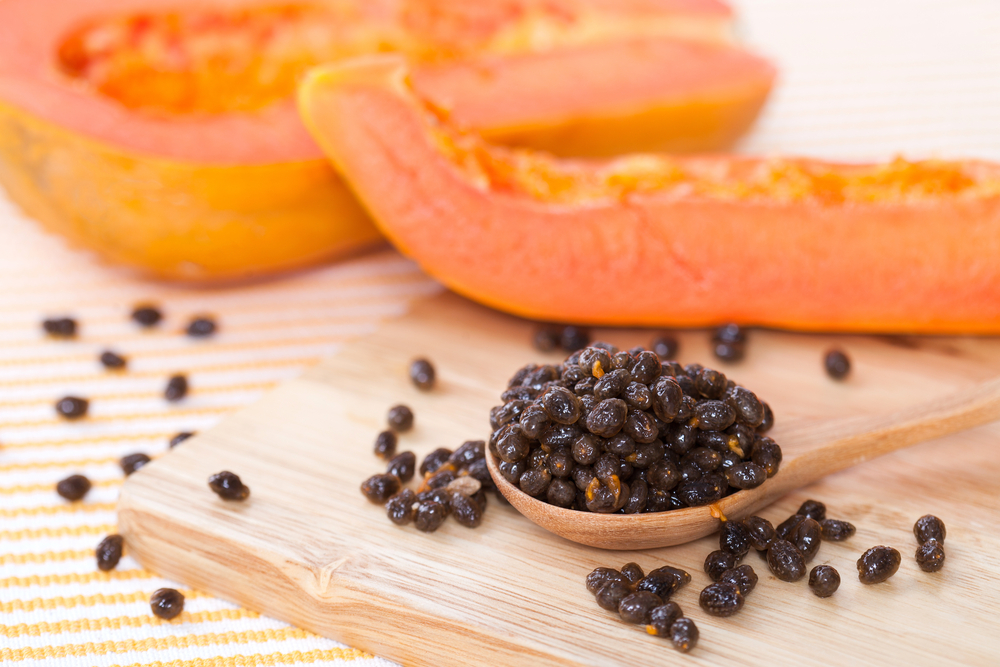Contents:
- Medical Video: 18 Harmful Foods We Keep Giving to Children
- Recommended salt intake for children
- Benefits of salt for children
- Risk of too much salt for children
Medical Video: 18 Harmful Foods We Keep Giving to Children
It was incomplete to eat food without salt. So that your child likes his food, the addition of salt can certainly make the taste of food more delicious. However, should children consume salt to how much in a day? What will happen if it turns out that the child lacks or has excess salt? Check out the complete information about salt for children below.
Recommended salt intake for children
Infants and children under the age of 11 should consume less salt than adults. Babies only need very little salt, because their kidneys are too young to digest additional salts. Therefore salt should not be added to foods cooked for your baby. Breast milk naturally fulfills all the nutritional needs of your baby. Your baby will get the right amount of minerals, including salt from breast milk.
As for children, the recommended daily amount of salt every day is adjusted to the age of the child. According to the National Health Service, the official UK health agency, the following are recommendations for salt consumption for the ideal child every day.
- 1-3 years: 2 grams (half a teaspoon) per day
- 4 - 6 years: 3 grams (half a teaspoon less) per day
- 7-10 years: 5 grams (one teaspoon) per day
- 11 years and above: 6 grams (one half teaspoon) per day
Avoid giving additional salt to food for babies under one year. Their kidneys are not fully developed to process salt. By avoiding providing additional salt, you prevent the baby's kidneys from working too hard.
Making sure your child doesn't eat too much salt means you also help them not to develop opium to taste salty. Children who like salty food are feared to tend to consume too much salt when they grow up.
Benefits of salt for children
According to medical research, lack of salt will make your child lack iodine, a substance that the body needs for brain development. Iodine is also important for maintaining the health of the thyroid gland. So, children are still advised to consume iodine through salt.
Foods that do not contain salt at all may also make your child not appetite because the food feels tasteless. Moreover, healthy foods like vegetables. Therefore, adding salt indirectly can help your child's nutritional intake.
Risk of too much salt for children
Although salt has its benefits, the excess consumption of salt in children's food triggers an increase in blood pressure, which is a source of diseases, such as strokes and heart disease.
Children can usually consume foods that are high in salt from processed meat, packaging snacks, orjunk food. You can reduce excess salt consumption in children by cooking their own food for your child so you can adjust the salt dose for the ideal child.
Eating more fruits and vegetables than packaged snacks can also help reduce excess salt.If your child eats foods that contain high salt too often, children will not be fond of food with other flavors. So try to vary the type of food.












